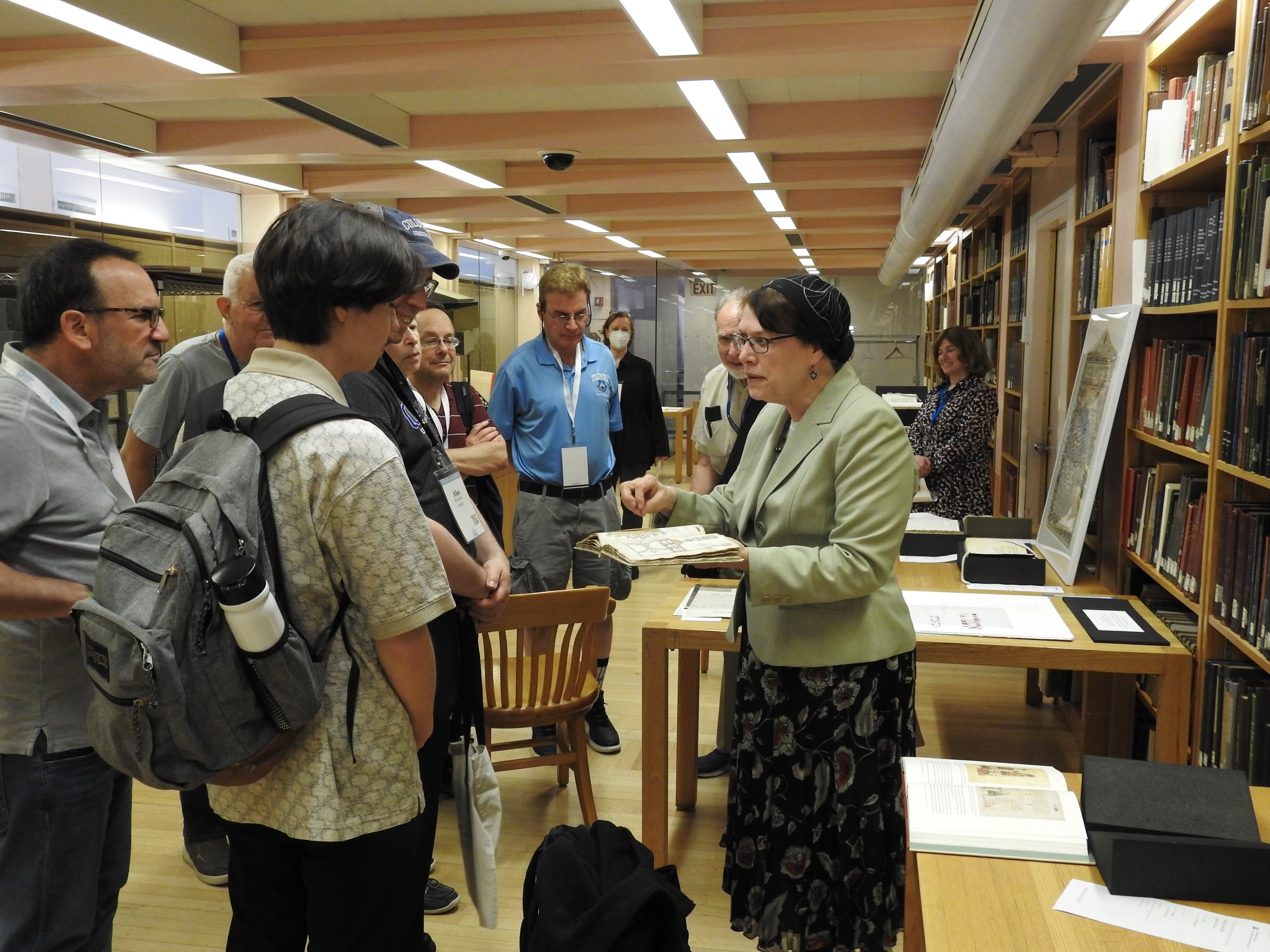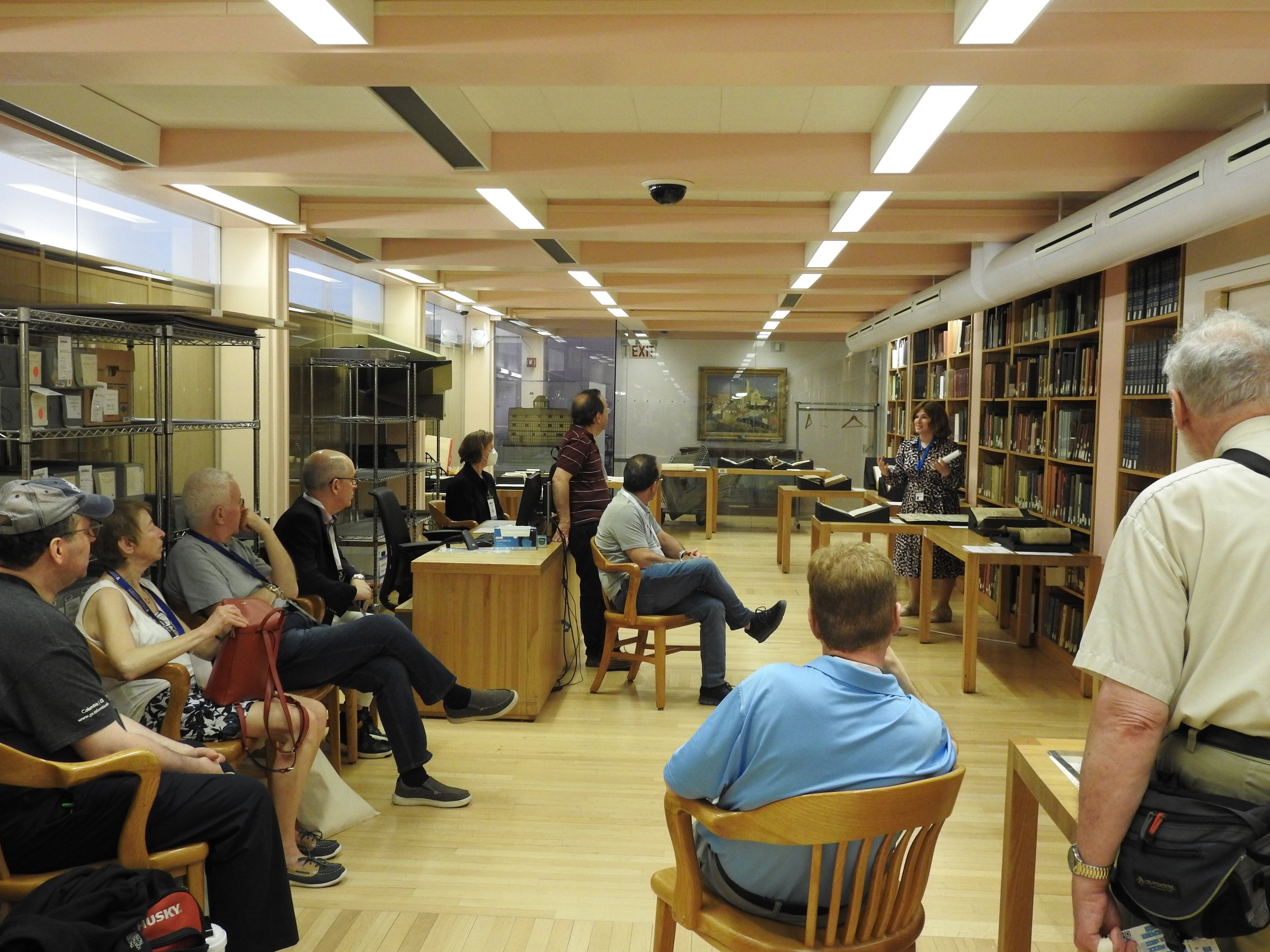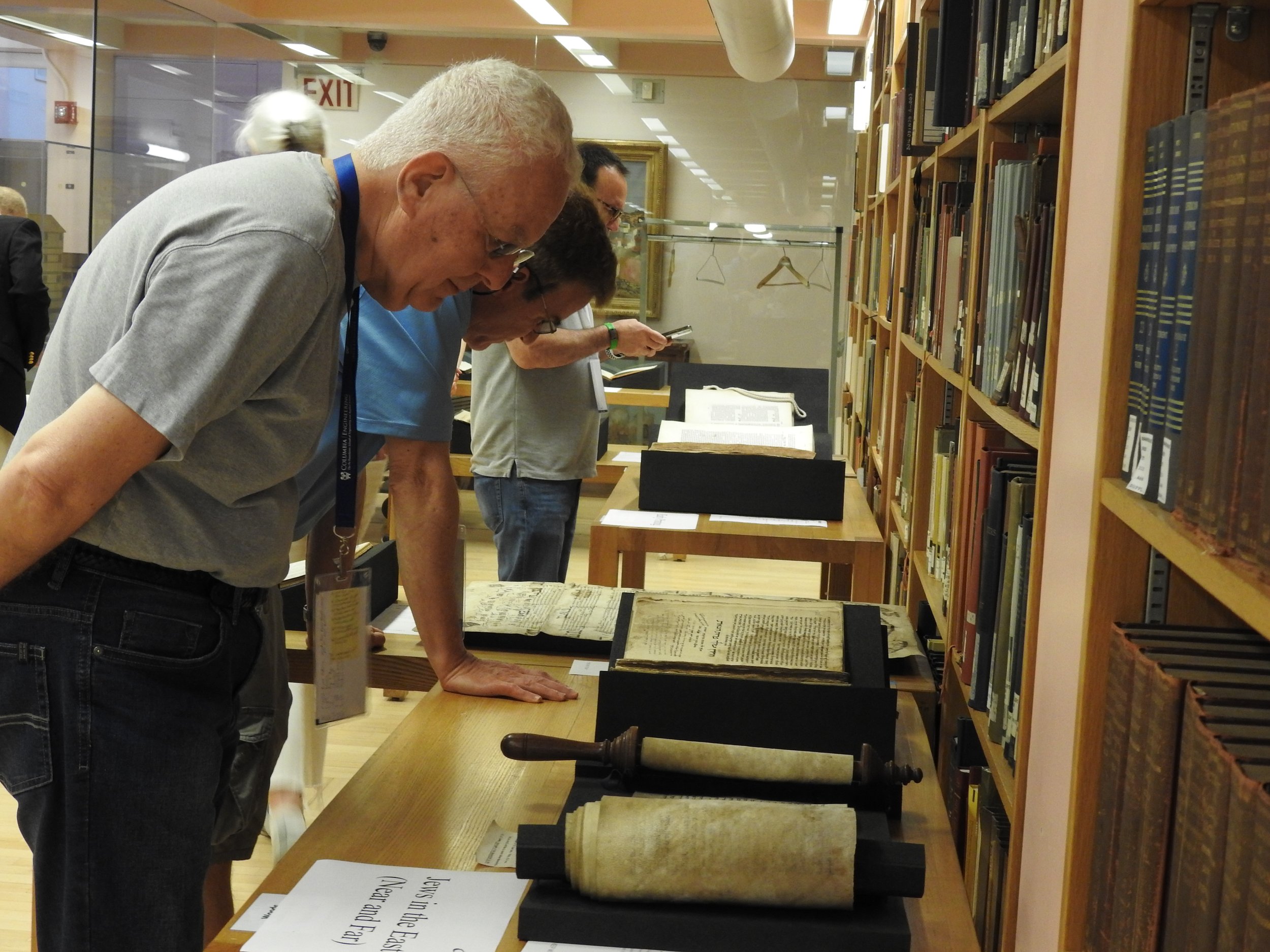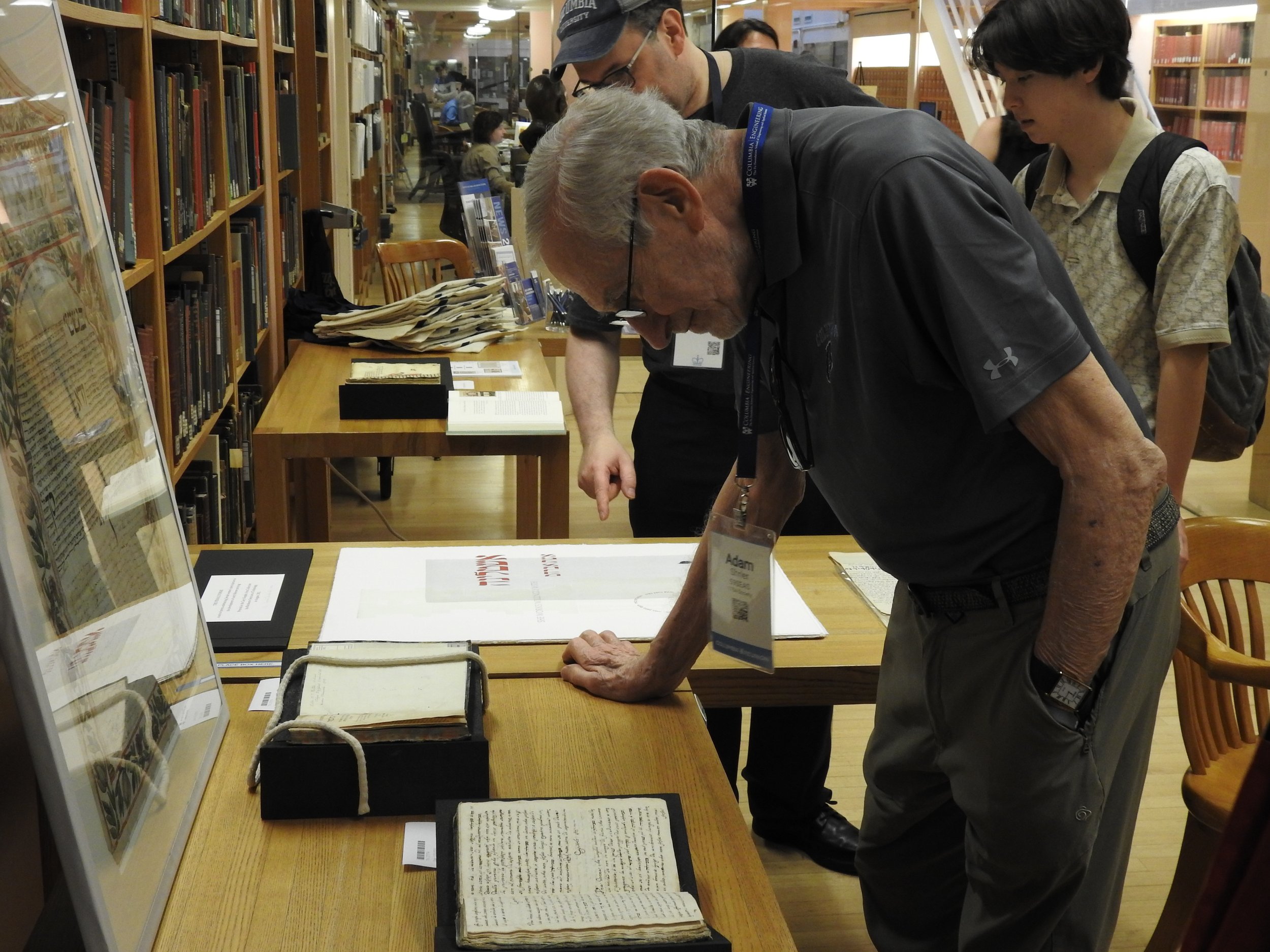On Sunday, October 22, the IIJS and the American University Program in Jewish Studies co-hosted a webinar with academics Pamela Nadell and Britt Tevis, alongside Columbia student Rebecca Massel: “Unpacking Antisemitism on Campus.”
Their discussion spans a wide variety of relevant topics, such as defining antisemitism, understanding its relationship to anti-Zionism, American campus culture, and the importance of free speech. The panel also sets aside a significant portion of the session to answer student and general audience questions. This event is the second in our webinar series on the current Israel-Hamas war, which began last week with “Israel at War: Live Discussion from Tel Aviv,” featuring Avi Shilon and Rebecca Kobrin.
This discussion is available to view in full below.
Pamela S. Nadell holds the Patrick Clendenen Chair in Women's and Gender History and is Director of the Jewish Studies Program at American University. A specialist in American Jewish history and women’s history, she teaches a variety of courses in Jewish civilization. Her awards include AU’s highest faculty award, Scholar/Teacher of the Year (2007). Pamela Nadell’s books include America’s Jewish Women: A History from Colonial Times to Today (W.W. Norton, 2019), named Jewish Book of the Year by the Jewish Book Council. Reviewed in the New York Times, America’s Jewish Women was praised as “a welcome addition to the American historical canon.” Past president of the Association for Jewish Studies, Nadell’s other titles include Women Who Would Be Rabbis: A History of Women's Ordination, 1889–1985 (Beacon Press, 1998). She consults for museums including the National Museum of American Jewish History and the Milken Center for Advancing the American Dream. She lectures widely, frequently appears on podcasts, and has written for, among others, the Washington Post, The Conversation, and Hadassah Magazine. In 2017, she testified before Congress about antisemitism on college campuses. She is currently writing a history of antisemitism in America.
Britt P. Tevis is the Rene Plessner Postdoctoral Fellow in Holocaust and Antisemitism Studies at Columbia University. She earned her Ph.D. at the University of Wisconsin-Madison and her J.D. at the University of Wisconsin Law School. Her research examines the intersections between Jews and American law and her work has appeared in American Jewish History, American Journal of Legal History, and the Journal of American History. She has held fellowships at the Yale Program for the Study of Antisemitism at Yale University, the Katz Center for Advanced Judaic Studies at the University of Pennsylvania, and the Center for Antiracist Research at Boston University.
Rebecca Massel is a sophomore at Columbia College studying political science. Currently, she serves as the Vice President of Communications for Columbia Barnard Hillel, where she works with and supports the Jewish community. She is also a senior staff writer for the Columbia Daily Spectator, reporting on University-related matters, like demonstrations on campus, school policies and statements, and, most recently, campus responses to the Israel-Hamas War.
This event was made possible by the generosity of the Kaye and Knapp Family Foundations.
Keep up with the IIJS on Facebook, Instagram, and Twitter or join our mailing list for updates!





